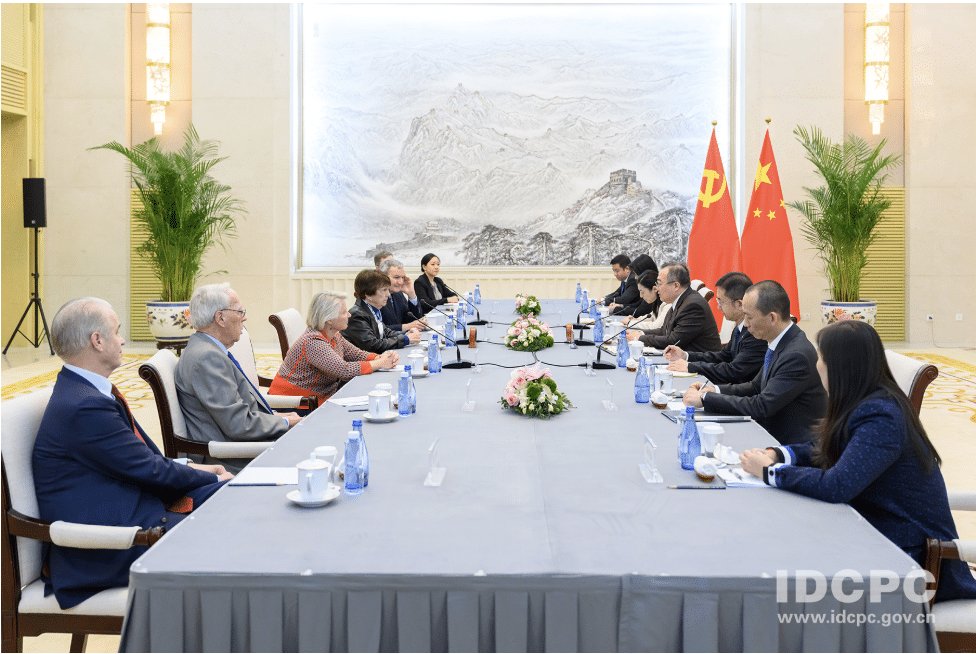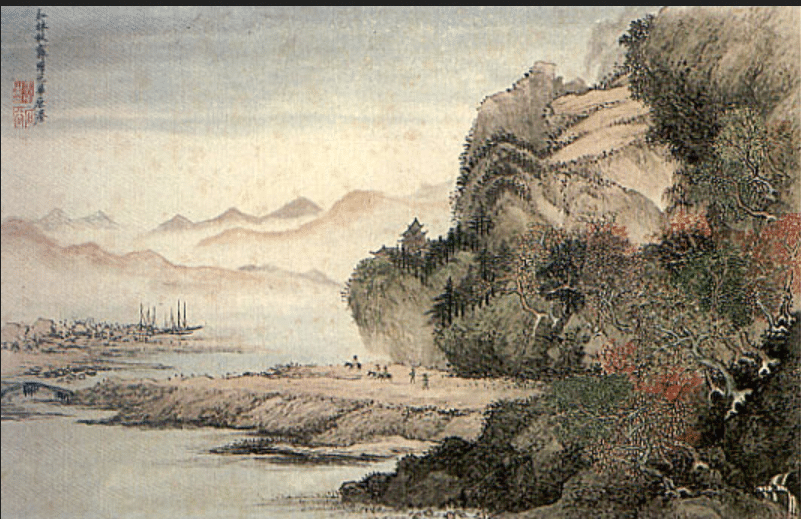China Launches Charm Offensive For First Overseas Naval Base
China has launched an unusual charm offensive to explain its first overseas naval base in Djibouti, seeking to assuage global concerns about military expansionism by portraying the move as Beijing’s contribution to regional security and development.
The message is in stark contrast to Beijing’s more bellicose stance on the South China Sea, where its claims on a vital trade waterway have raised hackles across Asia and the United States.
China has repeatedly said it does not seek a U.S.-style “hegemony” by extending its military reach, including through bases abroad.
Now that it appears it may be doing precisely that, the government has been quietly briefing on its rationale for the Djibouti base and using state media to address fears of China’s aims.
“China is explaining it as part of the ‘one road, one belt’ strategy, to help link Ethiopia to the sea,” said one Western diplomat who has been briefed by Chinese officials on the Djibouti base, referring to China’s New Silk Road strategy.
That involves opening trade corridors across continents that will help bolster the Chinese economy and connect it with the rest of the world.
A $4 billion railway will connect Ethiopia’s capital Addis Ababa to Djibouti’s new Chinese-invested port, where a military facility will be located, according to Chinese media.
A second diplomat, also been briefed by China on the plans, said it was an “unusual” move by the normally secretive Chinese government to try and bring a degree of transparency to its plans.
“China does not want to be seen as a threat,” the diplomat said.
INDIAN ALARM
In a lengthy statement to Reuters, China’s Defence Ministry confirmed it had communicated its intentions about Djibouti to “relevant countries and international organizations”, reiterating the facility was mostly for resupply purposes for anti-piracy, humanitarian and peacekeeping operations.
“What needs to be stressed is that China upholds a path of peaceful development … and has never engaged in an arms race or military expansion. This will never change.”
Djibouti, which already hosts military facilities for the United States and France, has echoed Beijing’s line that the base will be used for refueling and other logistical support to fight piracy and protect trade routes.
But it also says the West should not be worried if China seeks “military outposts”, given that Western nations have had them for years around the world.
Construction began in February in the country of fewer than a million people, striving to be an international shipping hub.
Djibouti’s location on the northwestern edge of the Indian Ocean has fueled worries in India that it will become another of China’s “string of pearls” of military alliances and assets ringing India, including Bangladesh, Myanmar and Sri Lanka.
Indian military officials told Reuters that China’s naval presence in Djibouti would add another dimension to India’s military contingency planning, so far confined to land and air operations stemming from a decades-old border dispute with China across the Himalayas.
Together with China’s involvement in Pakistan’s Gwadar port, another potential military base, the role of China’s navy would be greatly enhanced and posed a threat to the Indian navy, Indian army brigadier Mandip Singh said in a paper for the government-funded Institute for Defence Studies and Analyses.
“Djibouti also enables China to base its long-range naval air assets there. And these are capable of maintaining surveillance over the Arabian Sea as well as India’s island territories off the Western coast,” he wrote.
The Western diplomat briefed on the Chinese plans added: “If I were Indian I would be very worried about what China is up to in Djibouti.”
A U.S. State Department spokesman said late last year: “We look forward to gaining greater clarity as to the roles and purposes of this new facility, and note that China participates in international counter piracy actions in the Gulf of Aden.”
STRING OF AFRICAN PEARLS
More bases may be on the way, Chinese Foreign Minister Wang Yi hinted at this month’s annual meeting of parliament.
There are several African ports which China and Chinese firms are helping to build and develop. Commercial in nature, they all could berth Chinese naval ships one day.
One Chinese diplomatic source, speaking on condition of anonymity, said the idea for the Djibouti facility came up last year when China’s navy evacuated foreigners from Yemen.
The Chinese frigate involved had to give most onboard supplies to those evacuated, leaving it with the problem of finding new supplies. Unlike the United States, China has no permanent resupply bases.
“It’s a supply facility pure and simple,” the source said.
With Beijing keen not to call Djibouti a military base, state-run media has reined back using the term to describe it.
The Global Times, an influential tabloid, quoted Chinese experts shortly after Wang spoke as saying China was not building a military base in Djibouti, only a supply facility.
Djibouti’s government, meanwhile, is keen to develop military cooperation with China.
“China is already well prepared to support Djibouti, to increase its military capabilities and guarantee its security,” Chinese Defence Minister Chang Wanquan said during a visit to Djibouti in 2014, in comments carried on the website of Djibouti’s embassy in Beijing.
By BEN BLANCHARD Mar. 23, 2016 on Reuters
Read more here








